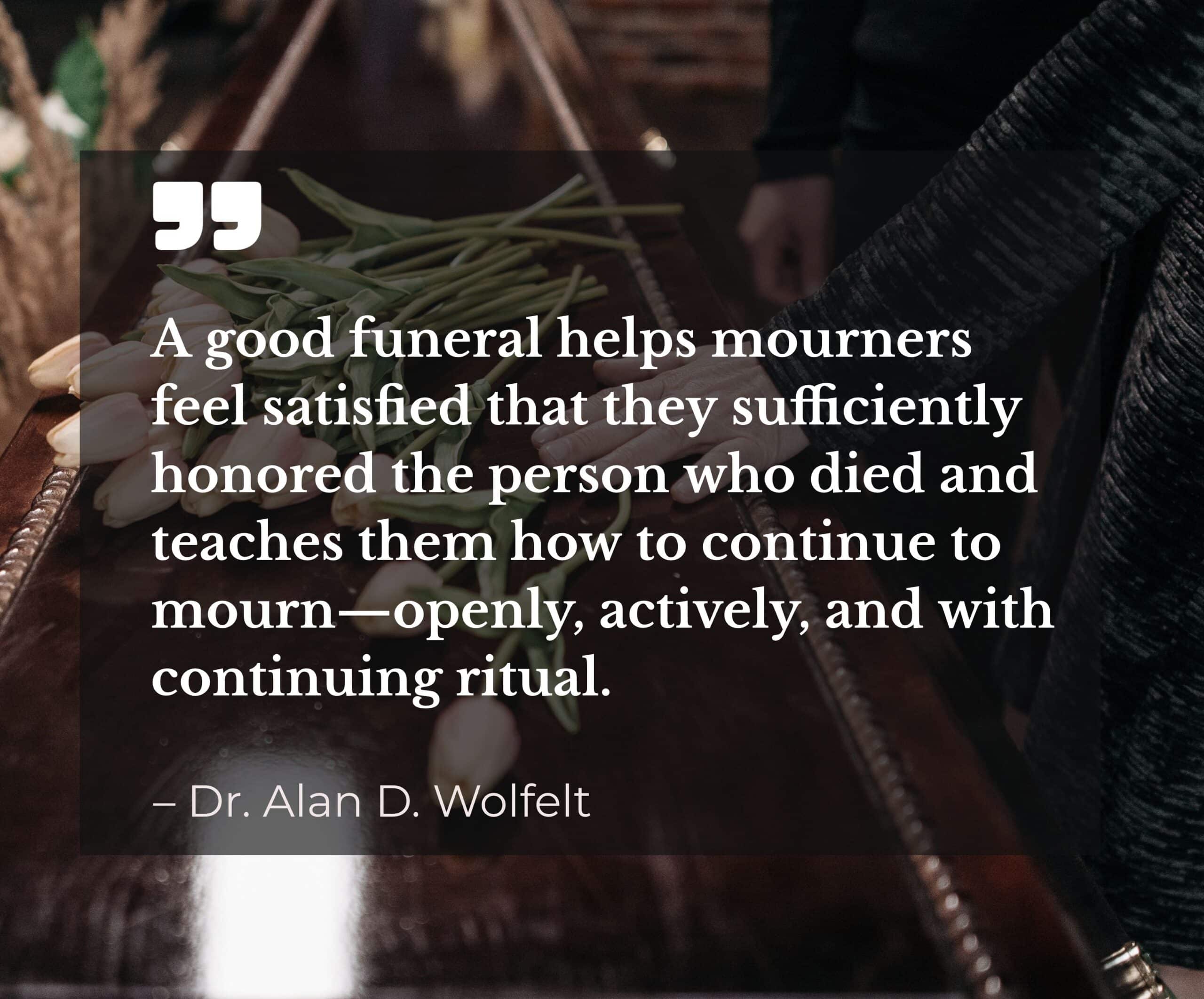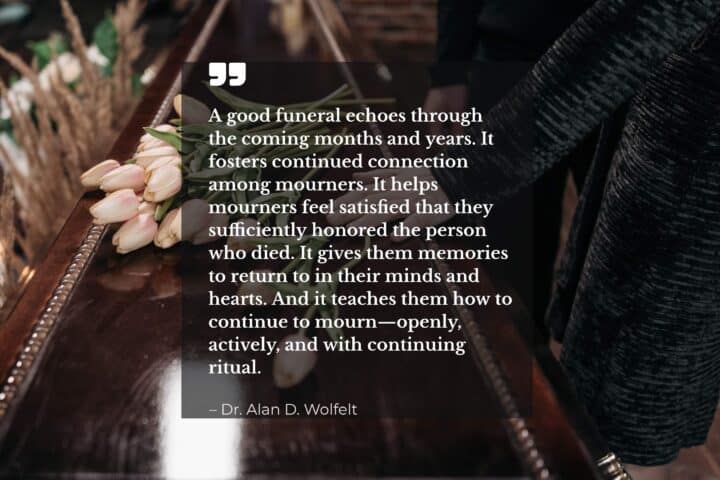
ASD is pleased to share this Guest Blog Post written by Dr. Alan Wolfelt, Director of the Center for Loss and Life Transition. Originally published in the September issue of The Director magazine. Republished with permission. The essay explores how focusing on convenience over substance when planning a funeral can create barriers for healing within grieving families.
“We had the experience but missed the meaning.”
– T.S. Eliot
Have you noticed how our culture’s relentless pursuit of convenience has worked its way into funeral service?
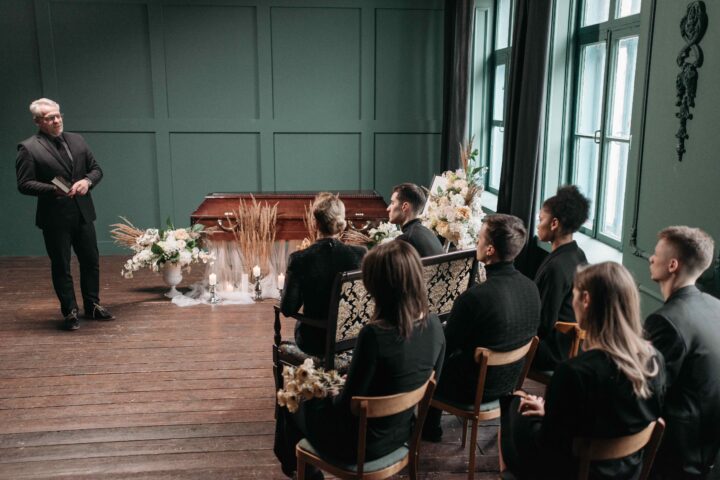
People today often convey to funeral directors that they want everything to be quick and easy. So it’s understandably tempting to want to collaborate with these families in making the whole process convenient. I also sometimes see funeral homes advertising ease and convenience as something they are able to provide.
Yet experiencing the death of someone precious is one of the most naturally difficult times in our lives. So perhaps we would be well-served to ask if the lure of convenience isn’t taking the meaning and purpose out of many funeral experiences.

Ancient stone graves discovered in the United Kingdom. Tom Pennington/CC BY-SA 2.0
Allow me to provide a brief review of the meaning and purpose of funerals. Humans have had funerals for thousands of years. Researchers have found burial grounds of Neanderthal man dating to 60,000 BC with animal antlers on the body and flower fragments next to the corpse, indicating some type of ritual and gifts to the deceased. And every culture and civilization has done it ever since.
Why? Because the funeral ceremony:
- helps us acknowledge that someone has died.
- helps us remember the person who died and share memories with others.
- offers a time and place for us to talk about the life and death.
- provides a social support system for friends and family members.
- allows us to reflect on the meaning of life and death.
- offers continuity and hope for the living.
When someone we love dies, we grieve inside. Grief is the internal thoughts and feelings we naturally experience after a loss. Mourning, on the other hand, is the outward expression of those thoughts and feelings. It is through mourning that we integrate loss into our lives. Personalized, well-thought-out funeral ceremonies help us begin to mourn. Yes, funerals are “rites of initiation” not “rites of closure.”
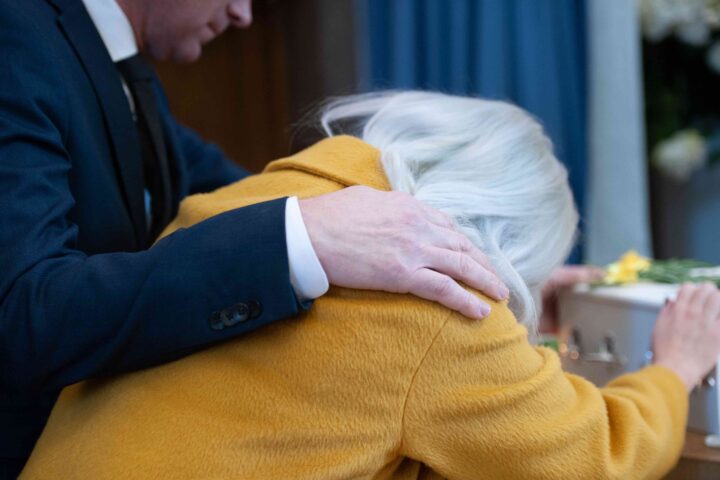
When funeral homes promise and promote convenience, whether preneed or at-need, the effect is much the same. Making death paperwork convenient—that is helpful. But a convenient funeral is by its very nature less meaning-filled than a thoughtful funeral with many elements. The convenient funeral sounds good in the planning stages, but as it’s actually unfolding, it’s all too often unsatisfactory for the participants. Easy, yes, but also potentially generic and meaningless.
Again, I understand that families are looking for convenience, so it’s understandable to orient your business to deliver what they want. After all, planning and carrying out a personalized, meaningful funeral takes time, results in emotion, and doesn’t really create any “closure.” (It’s not supposed to.) Families say, “What’s the use? Why go through all that?” And, wanting to be helpful, funeral homes run the risk of responding, “You don’t have to. We’ll make it as quick and painless as possible for you.”
At a workshop I recently presented, we were covering the idea of the “hard work of grief,” which is anchored in active, authentic mourning. We were talking about how essential this work is for those in grief to fully integrate the loss and rediscover meaning and purpose in their continuing lives. “But it’s painful and hard!” one of the participants complained. Yes, grief work is painful and hard. Slow, too.
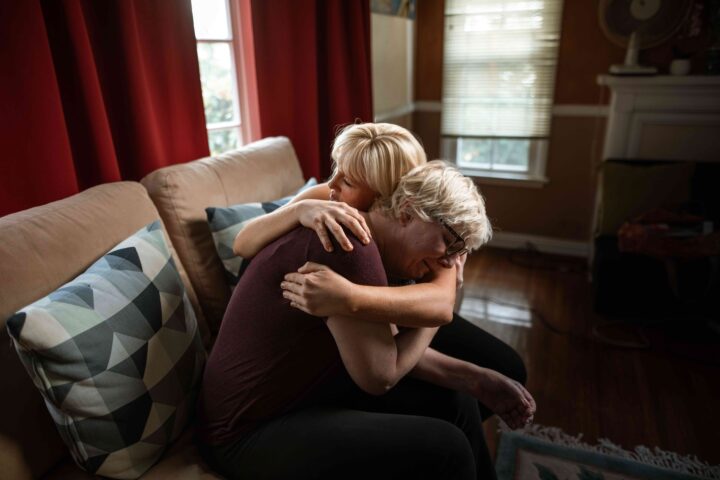
But painful, hard, and slow is the only way for mourners to work their way toward healing. And when funeral homes feature or facilitate convenience, they are not only misrepresenting the grief journey, but they are also providing families with less meaningful experiences.
The fact is, families who experience full, inconvenient funerals are best supported in their early grief and mourning. And the good funeral echoes through the coming months and years. It fosters continued connection among mourners. It helps mourners feel satisfied that they sufficiently honored the person who died. It gives them memories to return to in their minds and hearts. And it teaches them how to continue to mourn—openly, actively, and with continuing ritual.
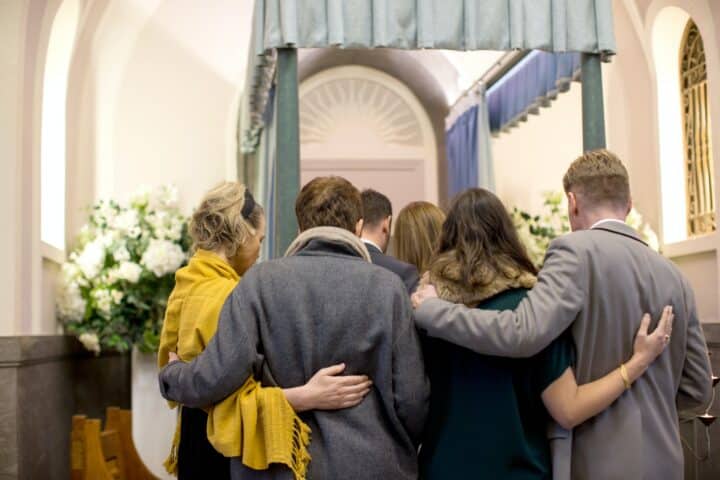
When COVID came along, many families were forced to resort to barebones funerals (or worse, none at all). Stripped of many of their essential elements—visitations, in-person and full attendance, music, readings, symbols, actions, receptions—these perfunctory funerals made many people realize that they missed the elements of ceremony.
When it comes to funeral service, championing convenience only degrades your own reason for existence. Instead, I urge you to educate families about the essential reasons to have full, personalized, and meaning-filled funerals. In the aftermath of COVID, many people are open to this message. In fact, taking a stance against convenience may be the best way to differentiate your funeral home and ensure your future success.
Alan D. Wolfelt, Ph.D., is recognized as one of North America’s leading death educator and counselors. He invites you to contact him at drwolfelt@centerforloss.com or visit www.centerforloss.com.
RELATED READING
10 Powerful Essays That Explain Why Funerals Matter
8 Times We Were Moved by Funeral Services During the Pandemic
16 Photos that Exemplify the Best of Funeral Service
